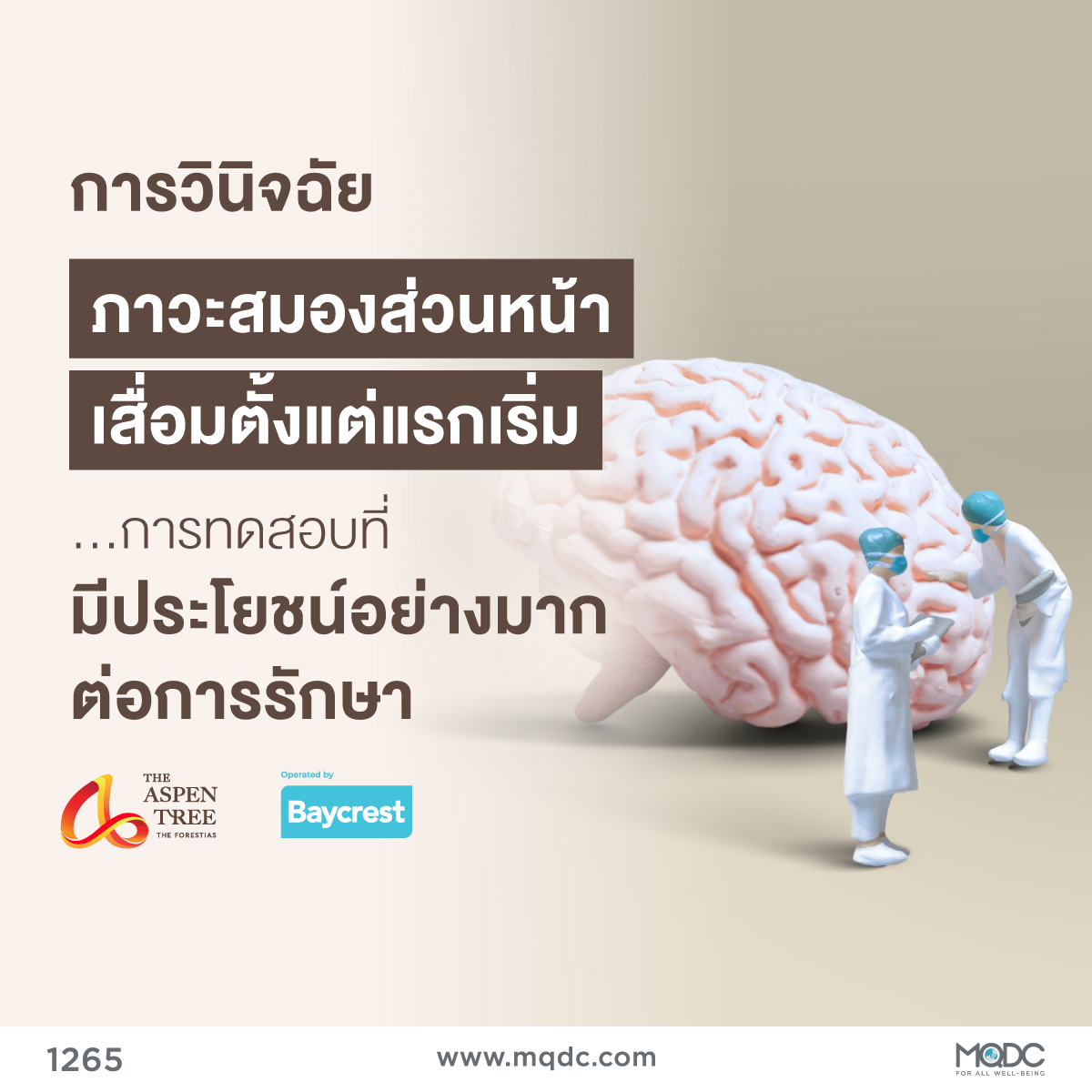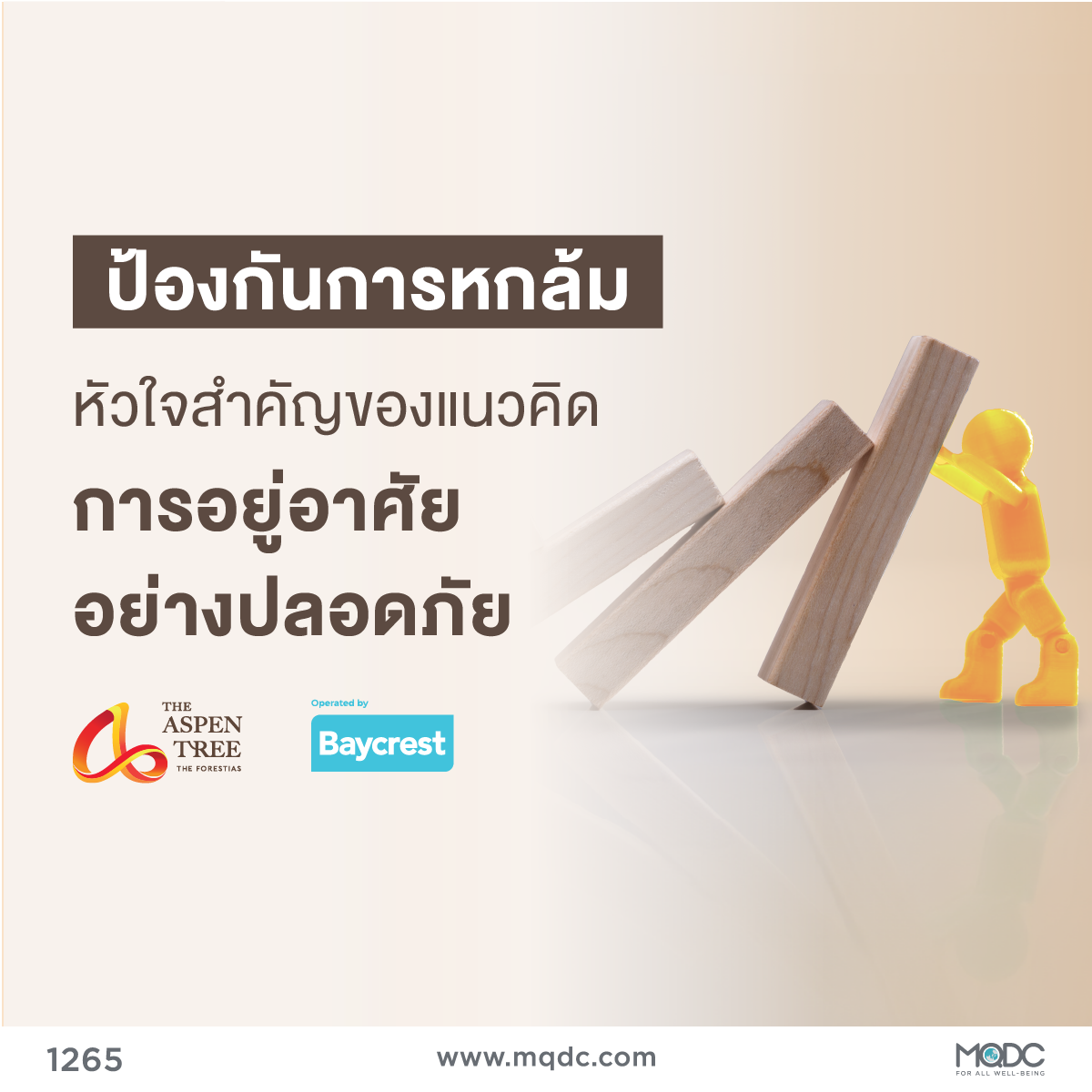Dementia in Its Early Stages
It is difficult for doctors to diagnose early frontotemporal dementia, a common cause of early onset dementia. Early symptoms are typically associated with a change in behaviour, but a person’s memory tends to remain intact until the later stages. Damage caused by frontotemporal dementia affects different parts of the brain (the orbitofrontal and medial-frontal parts of the brain) compared to Alzheimer’s disease.
Behavior of Patients with Dementia in Early Stages
“People with Alzheimer’s disease who may have significant memory problems could go to a cocktail party, have a number of conversations and people may not realize that the person had a neurodegenerative disorder,” says Dr. Morris Freedman, Baycrest’s head of neurology and Rotman Research Institute scientist.
“Someone with frontotemporal dementia may go up to a bald person at a cocktail party and say that the person looked much better with hair 20 years ago. Individuals with this type of dementia have problems with judgment and inappropriate behaviour, and tend to be disinhibited.”
Current neuropsychological tests don’t typically pick up the subtle cognitive problems associated with this type of dementia at the early stages. But Dr. Freedman, who is also a neurology professor at the University of Toronto, hopes to improve a doctor’s ability to diagnose frontotemporal dementia sooner by creating an easy-to-administer, computerized assessment.
Frontotemporal Dementia Research and Testing
Dr. Freedman is adapting one of the few cognitive tests that has been shown to effectively measure brain damage and changes in cognitive abilities in the areas of the brain affected early on in frontotemporal dementia. His team is creating a suite of electronic assessments, which will include the Object Alternation, Delayed Alternation and Delayed Response tests.
Administration of the Object Alternation test is difficult for health-care providers since it requires the use of a non-automated, custom-made physical apparatus that is not commercially available and has a specific protocol. Making an electronic version of the test available could help doctors more easily assess a person’s condition in a clinical setting.
As these tests are not dependent on language, it can be used to assess people from different cultures and linguistic backgrounds. Throughout his career, Dr. Freedman has been involved in research adopting these assessments from animal models and demonstrating their effectiveness in humans.
These tests are now used by researchers to measure cognitive function among people with frontotemporal dementia, as well as capture the brain deficits faced by individuals with Alzheimer’s and Parkinson’s disease.
How the Test Will Help Older Adults
“Data from our research shows that the Object Alternation test is very useful for determining whether the diagnosis is something other than frontotemporal dementia,” says Dr. Freedman.
“This is very useful information for patients and for health-care practitioners at the point-of-care. It is one of the few validated neuropsychological measures of orbitofrontal and medial-frontal deficits in humans.”
The Delayed Alternation and Delayed Response tests provide additional information to assist with a diagnosis, adds Dr. Freedman. Once the electronic version is complete, the research team will need to study the effectiveness of the computerized assessment and acquire appropriate benchmarks, before the test can be released commercially to neuropsychologists and other health-care professionals involved in evaluating patients with dementia.
“Since standard clinical neuropsychological tests fail to detect early deficits caused by frontotemporal dementia, this test will be particularly helpful to patients,” says Dr. Freedman.
This project was supported by the Centre for Aging + Brain Health Innovation.
Enjoy Health and Peace of Mind at The Aspen Tree at The Forestias Operated by Baycrest with Holistic Lifetime Care
Applying research and innovations can enhance care for older adults, boosting both physical and mental health. Living in an appropriate environment with great healthcare enhances quality of life for older adults to live life to the full, with meaning and free from worry. This concept inspires The Aspen Tree at The Forestias. The residential community is designed and developed with research leaders and world-class eldercare expertise from Canada’s Baycrest center. You live in a multi-generation community at The Forestias green district and enjoy “Holistic Lifetime Care” along with full facilities.
The Health & Wellness program enhances your lifestyle with yoga, swimming, singing, playing music, meditation, outdoor activities, hydrotherapy, and lots more to boost and maintain your physical, mental, and brain health.
The Aspen Tree at The Forestias also has a Health & Brain Center that provides health services to keep your mind and body in top form. A team of health specialists is on call 24 hours a day to give you peace of mind and holistic good health.
Live a carefree life in the carefree time of life. Let's discover the perfect life together.
Find out more CLICK https://mqdc.com/aspentree
Call 1265
LINE OA: @TheAspenTree or click https://mqdc.link/3Emhkde
References









